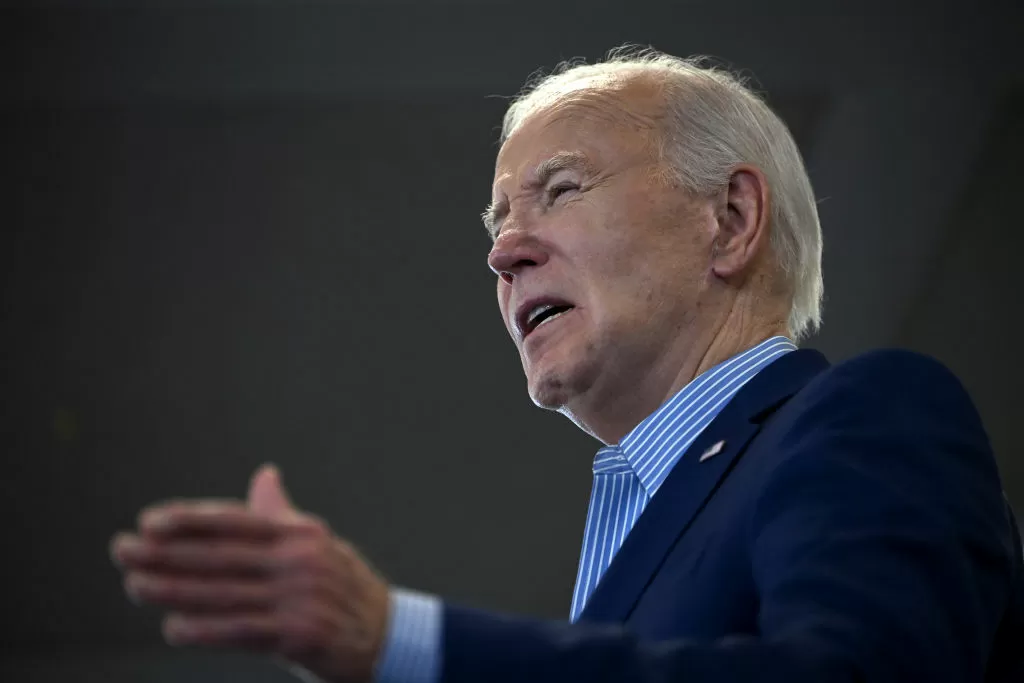The United States has recently taken a bold step in its trade relations with China by imposing new tariffs of 100% on Chinese electric vehicles (EVs). This decision has caused quite a stir in the global market and has raised concerns about the potential impact on both countries’ economies. But what exactly led to this move and what can we expect in the future?
The decision to impose tariffs on Chinese EVs comes as a response to China’s unfair trade practices, which have long been a bone of contention between the two countries. The U.S. has accused China of intellectual property theft, forced technology transfers, and unfair government subsidies, creating an uneven playing field for American businesses. In an effort to level the playing field, the U.S. has decided to take a tough stance and impose tariffs on Chinese goods, including EVs.
While this decision may seem drastic, it is a necessary step to protect American interests and ensure fair trade practices. China has been dominating the global EV market, with companies like Tesla facing tough competition from Chinese EV manufacturers. This has not only affected the profits of American companies but has also caused concerns about the country’s technological and economic superiority. By imposing tariffs on Chinese EVs, the U.S. is sending a strong message that it will not tolerate unfair trade practices and is willing to take action to protect its interests.
The new tariffs on Chinese EVs are expected to have a significant impact on both countries’ economies. China is the world’s largest EV market, and these tariffs could potentially hurt its economy and its plans for global EV dominance. On the other hand, the U.S. is likely to see a boost in its domestic EV industry, as American companies will now have the opportunity to compete on a more level playing field. This could potentially lead to job creation and revitalization of the American EV market.
But what does this mean for the future of trade relations between the two superpowers? While the new tariffs may initially escalate tensions between the U.S. and China, it could also lead to a more constructive dialogue and negotiations. Both countries have a lot to gain from a fair and balanced trade relationship, and this move by the U.S. could be a step in the right direction. Negotiations could lead to a resolution of the longstanding trade issues between the two countries, benefiting both parties in the long run.
Additionally, the new tariffs on Chinese EVs could also have a positive impact on the global EV market. With China’s dominance in the EV industry being challenged, it could encourage other countries to step up their game and invest in their own domestic EV industries. This could lead to more competition and innovation, ultimately benefiting consumers with a wider range of choices and lower prices.
Some critics may argue that these tariffs will only harm consumers, as the cost of purchasing Chinese EVs will now double. However, it is important to remember that these tariffs are not permanent and are only meant to address the current trade issues between the two countries. In the long run, a fair and balanced trade relationship between the U.S. and China will benefit consumers by promoting healthy competition and driving down prices.
In conclusion, the U.S. imposing new tariffs on Chinese EVs is a bold move that aims to protect American interests and address longstanding trade issues. While it may initially inflame tensions, it could also lead to more constructive dialogue and negotiations between the two countries. Furthermore, it could also have a positive impact on the global EV market, promoting healthy competition and innovation. As with any major decision, there will be challenges and uncertainties, but in the long run, this move could pave the way for a fair and balanced trade relationship between two of the world’s largest economies.


